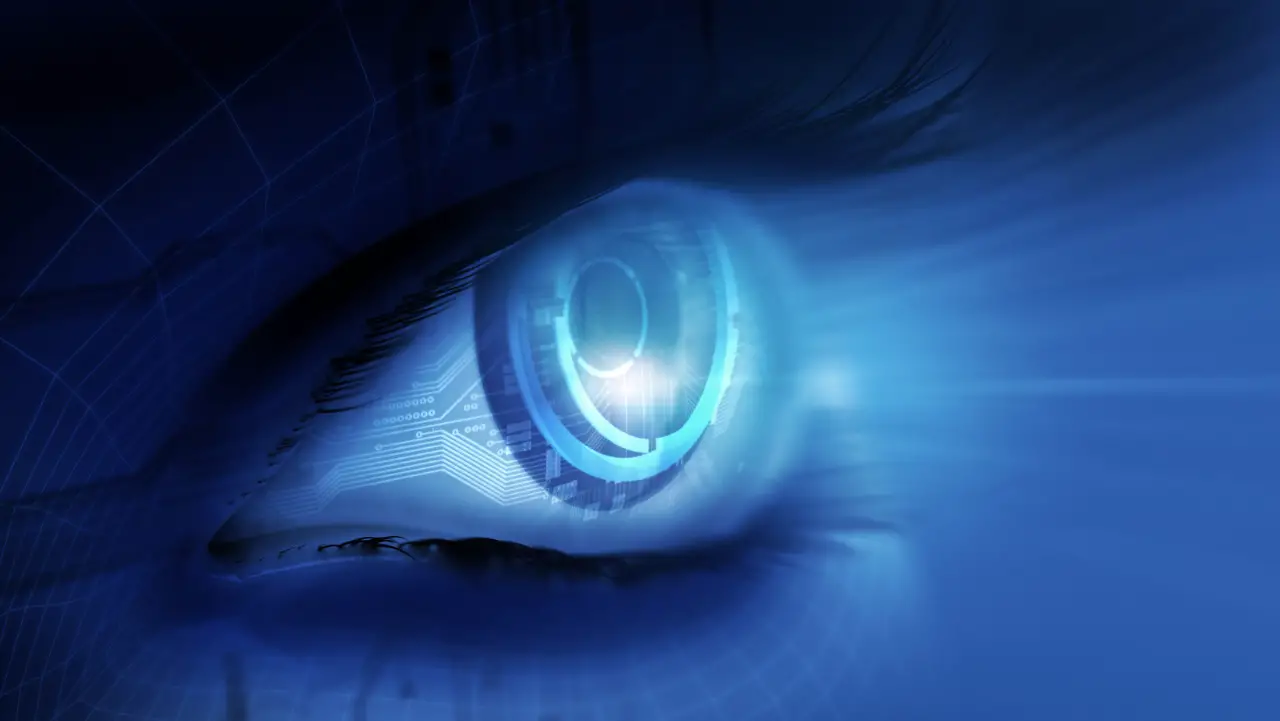Introduction:
Projectors are on trend in the meantime; however, it, has a lot of benefits, such as a big screen, but their excessive use raises the question Are projectors better for eyes? Almost every single customer asks this question and thinks about it before buying one. To ensure that they are not putting their loved ones, especially kids and pets, at risk. Everyone enjoys watching TV, and a big screen makes this idea even more enjoyable.
So, to clear up this confusion, a whole article is available below with all the verified information about the effects of projector radiation on the human eye and tells that are projectors better for eyes or not because buying a dangerous device for your home is never worth it.
Do projectors emit radiation?
Same as any other electronic device projector also emits radiation. But the main concern is, Is that radiation safe for your eyes? and are projectors better for eyes? Studies have proved that projectors emit an extremely low-frequency range of the EM spectrum. Extremely low frequencies have a wavelength range from 100,000 to 10,000 megameters, and their frequencies vary between 3 and 30 Hz.
Direct VS Indirect light source:
- Direct light:
When buying a visual entertainment device, eye health consideration is one of the most critical factors. All such devices emit light, which means it emits radiation and has only two direct or indirect pathways.TV screens are devices that emit natural light. Radiations are directly emitted from the screen, instantly hitting our eyes. It is the same as now looking at any fluorescent tube. It has a damaging effect on the internal structure of our eyes.
- Indirect light (Reflected light):
Projectors have a different phenomenon as compared to TV screens. In projectors, radiation is emitted from the projector lens, and those radiations strike the flat projector screen hanging on a wall. So, this radiation doesn’t hit anyone’s eyes directly; its radiation has a bit of a neutralised effect after being reflected on a wall.
Thus, projectors are considered a better option as they are built in with safety features.
Blue light emission through projector:
Just like sunlight, projectors emit blue light wavelengths as it is also present in TV, computer screens, light bulbs, and LEDs. But what makes it a big deal is that blue light has much smaller wavelengths than other colours. Its short wavelength damages it, but reflected emission is another factor that helps it. So, it is advised to split the display time into segments and only watch it for a short time. Take breaks between those that could help the retina of your eyes to relax for a bit.
Looking into projector lens:
In addition to watching something on a visual device for a long duration. Projector blue light is only deadly to your eyes when you use it like a microscope. Looking directly into a projector lens also affects eye health. As it emits blue light, these radiations can cause serious eye problems like macular degeneration (a retina disease). Therefore, it’s advised to avoid staring at screens for too long and for long durations.
Laser projectors and eye health:
Laser projectors are considered the future of projectors. Now it’s time to say goodbye to Xenon and hello to Lazlo. A standard projector creates several lights but filters out most of them. Laser projectors only produce a few lights, the ones needed in the mean of actual colours and brightness. As it reduces the other radiation, it is safer than the simple ones. Laser projectors have additional features. You can even create and adjust the wavelength according to your preference. And most of the auto-adjust built-in features make it a better and safer option. It also can turn the laser down to less frequency according to the darker scenes.
Eye strains due to excessive watch time:
Whether you use mobile phones or other visual electronic devices for a long duration, each causes eye strain. Digital eye strain is one of the most common diseases of the time. It mainly affects children. Its symptoms include headache, dry eyes, double vision, or blurred vision. It may also cause muscle stiffness or neck pain in older patients because of degenerative changes occurring in the body with time. Watching these screens at night affects me even more because of the enhanced, darker mood.
Safety features to protect eyes:
Many studies have been done on this concern lately as it’s about customers’ health. The main problem about the projector is whether that are projectors better for eyes? Companies have added many features to ensure these radiations don’t affect anyone. Blue light filters are almost built into all bright projectors and other electronic devices to filter all the excessive radiation. But still, it’s considered that projectors are more worth using than TV screens. So, it is debatable which projector vs tv one is better. Bright projectors also have another feature that shuts the lens when any object is too close. This allows the customer to enjoy it with the least possible radiation.
Conclusion:
The answer to the main concern that are projectors better for eyes is that bright projectors with built-in safety features are a safe option for the eyes, with a better light source, screen size, blue light discharge, and other parts. In short, projectors, by nature, have multiple safety features against blue light exposure. This article provides a complete overview of are projectors better for eyes or not
FAQs:
Are UV Filters glasses helpful?
Yes, UV filter glasses could be helpful to minimise radiations in case you are out in sunlight. Using filter glasses is not much worthwhile watching something on a projector.
What is a safe watch time for kids?
Studies suggest that adults’ screen time should be less than two hours daily. Otherwise, it will start affecting eye health, and long duration also makes muscles weak, especially around the eyes.
Is the blue light effect on the eyes treatable?
In most cases, it’s advised to cut screen time as soon as possible, and if it has caused an effect on eyesight, it’s not curable. It requires management by using eyesight glasses. If your eye condition doesn’t improve with time, then consult a physician immediately.

